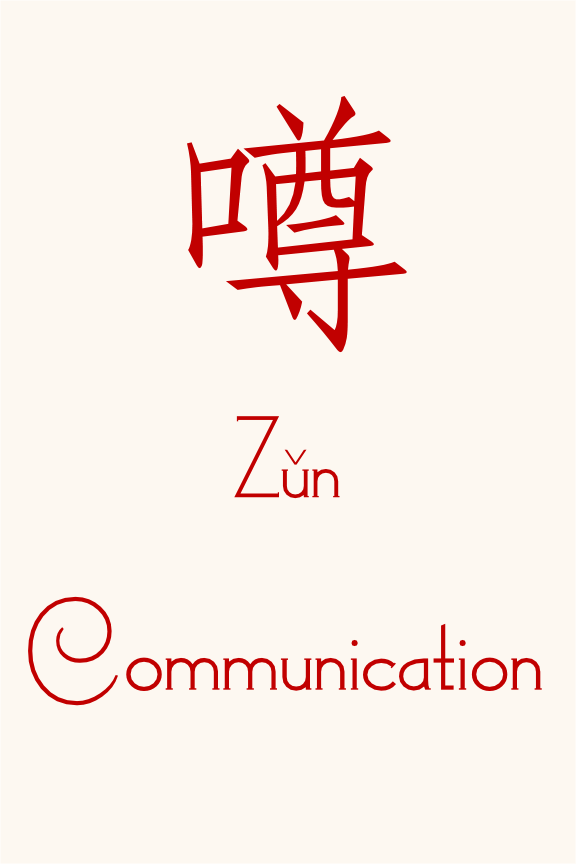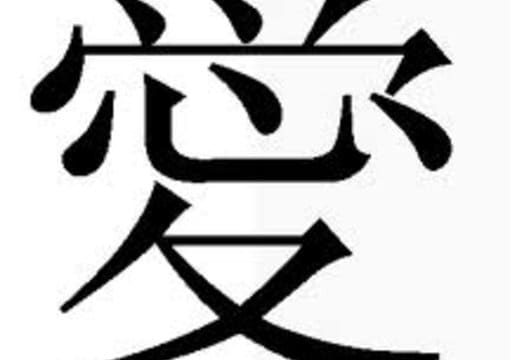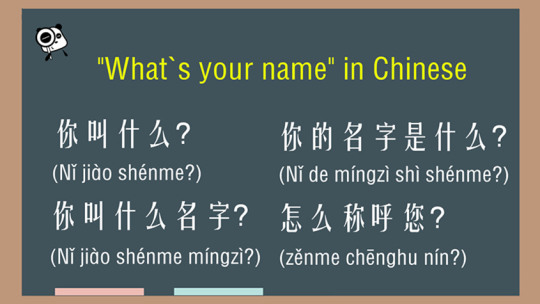

It turns out that Xiang means flying or soaring. I asked for the character and the root meaning of Xiang in English. There are usually a few options for one and two syllable names.Īt this point, I was intrigued, because I know that Chinese names often have a meaningful translation in English.

There are large books that have been published translating the phonology of a Chinese name into Western languages. Shawn told me that he landed upon Shawn simply because its sound closely resembles his given Chinese name, which is Xiang, 翔. This is a pretty straightforward way to figure out what a non-Chinese second name can be without straying too far from the original sound of the Chinese name. I always think how energizing it would be to have the freedom to shape your identity with something as powerful as choosing your first name as an adult. In my experience, the second names of Chinese professionals range from commonplace such as Sarah and Sam, to old-fashioned like Wendy, or more obscure names like Kirby or Henrietta.

In terms of selection, it sometimes has to do with a fondness for a character in a book or movie, or a fascination with the way a certain foreign name sounds. There must be other motives to start using a non-Chinese name, but this is the one that most have reported to me. Many Chinese professionals choose a second name (in English, French, Italian, whatever language one fancies), ostensibly to make things easier for folks who aren’t familiar with Chinese names. And because we share the same name in English (mine is spelled Sean), I was curious to know how he ended up with his name. I was chatting with a new colleague, Shawn, who is based in China.


 0 kommentar(er)
0 kommentar(er)
